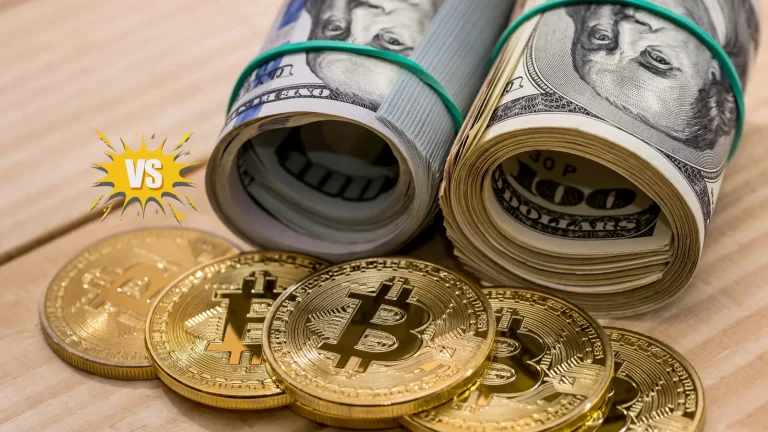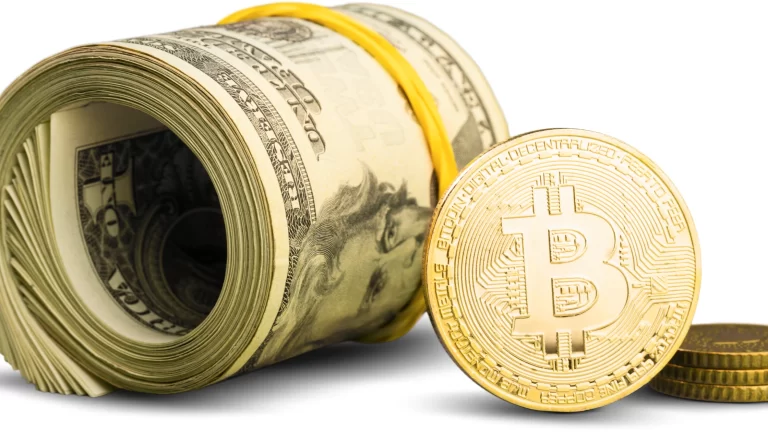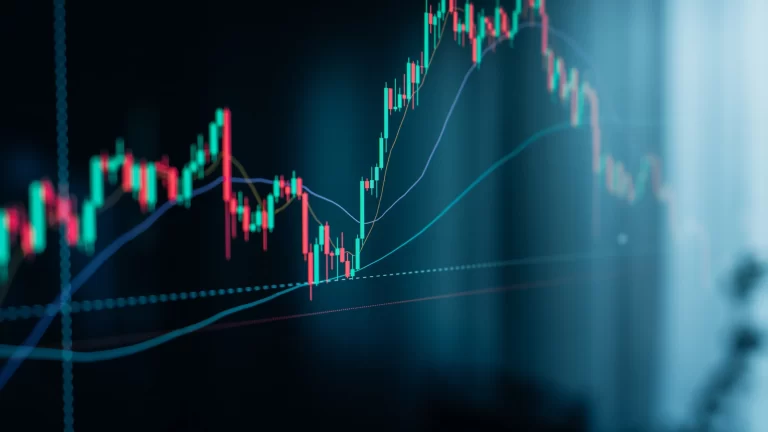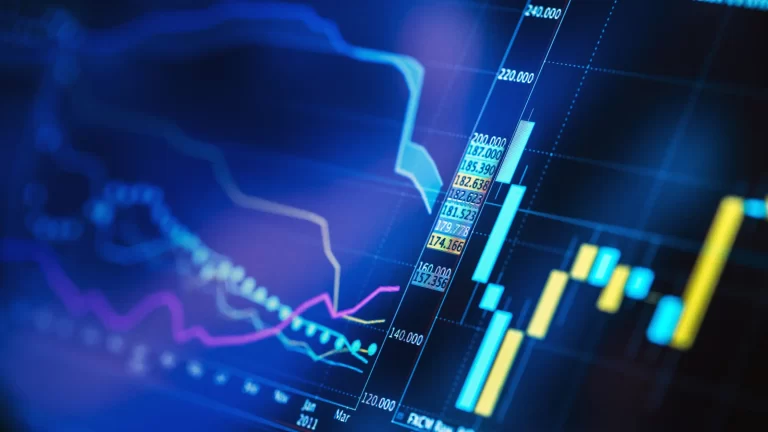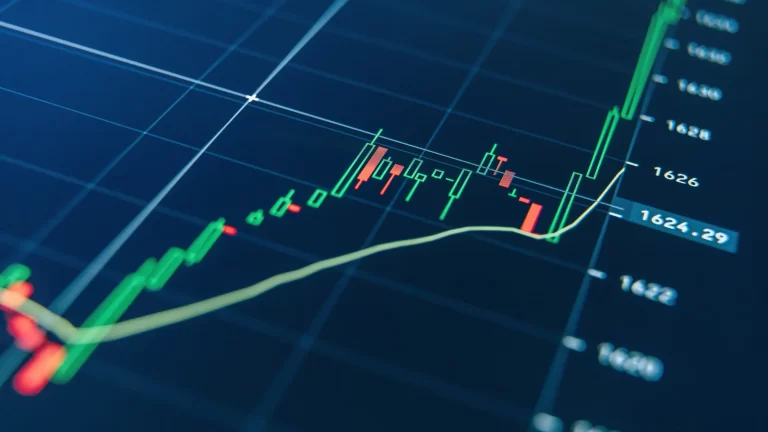Unlocking the Trillion-Dollar Potential of Asset Tokenization & Commodity-Backed Cryptos
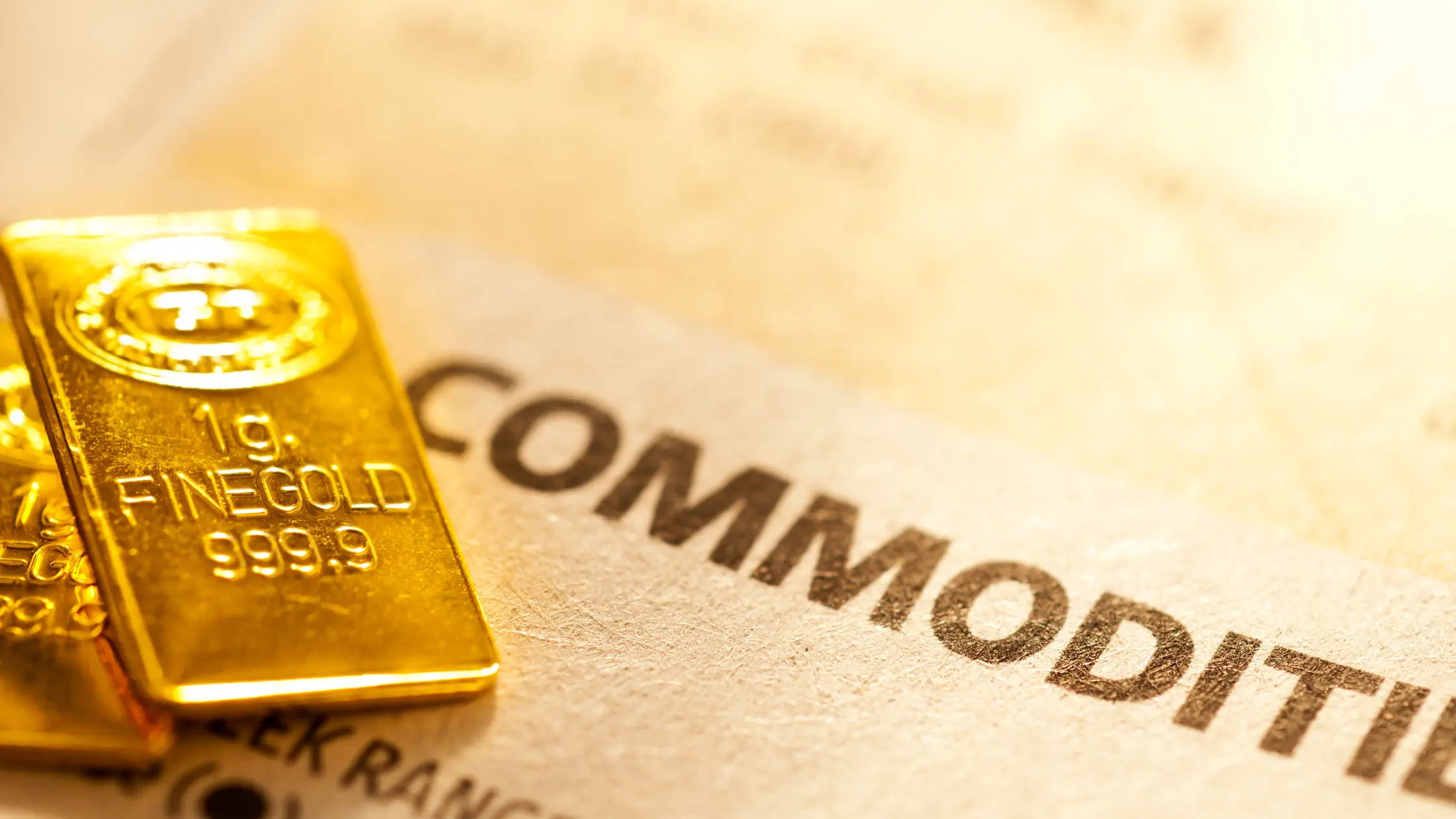
In the evolving landscape of fintech, the emergence of commodity-backed tokens, particularly those pegged to precious metals like gold, presents a revolutionary opportunity for developing nations rich in mineral and agricultural resources. These tokens could serve as a catalyst for these nations to leverage their natural assets more efficiently and effectively on the global stage, fostering economic growth and competitiveness through peer-to-peer open markets.
Commodity-backed crypto tokens, which have surged to a market capitalization of $1.1 billion, predominantly consist of gold-backed tokens like Tether Gold (XAUT) and PAX Gold (PAXG). These tokens represent ownership of a physical amount of gold and account for 83% of the market cap for commodity crypto tokens. This form of tokenization offers a digital, easily transferable, and divisible means of owning gold, linking the timeless value of precious metals with the efficiency and accessibility of blockchain technology.
The appeal of gold-backed tokens extends beyond mere representation of physical assets. They offer a hedge against inflation, as the value of these tokens can increase with the price of gold, providing a safeguard against the volatility of traditional financial markets and currencies. Furthermore, the digital nature of these tokens allows for their use in transactions and investments, bypassing the constraints of traditional gold investment, such as storage and high entry costs, and fostering a more inclusive economic participation.
Tokenized gold assets have already demonstrated their potential by surpassing $1 billion in combined market capitalization, indicating a growing investor interest in commodities as stable, reliable investments amidst the fluctuating landscape of digital currencies. This is particularly significant for developing countries, where the integration of such tokens into their economic systems could revolutionize access to global markets, providing a stable and secure platform for international trade and investment.
The trend towards asset-backed tokenization is not just a technological innovation but a financial strategy that could democratize access to global markets for developing nations. By leveraging their natural resources through blockchain technology, these countries can create more resilient economies, reduce dependency on foreign currencies and financial systems, and pave the way for sustainable economic development. The massive potential of this trend highlights a new era in global finance, where the true value of natural resources can be unlocked and made accessible to all, fostering a more inclusive and equitable global economy.
Expanding on the transformative potential of commodity-backed tokens, particularly in the context of developing nations rich in natural resources, it’s essential to delve into the broader scope of asset tokenization and its implications for the future of global markets and economic development. Tokenization, the process of converting rights to an asset into a digital token on a blockchain, promises to revolutionize how we think about ownership, investment, and financial accessibility.
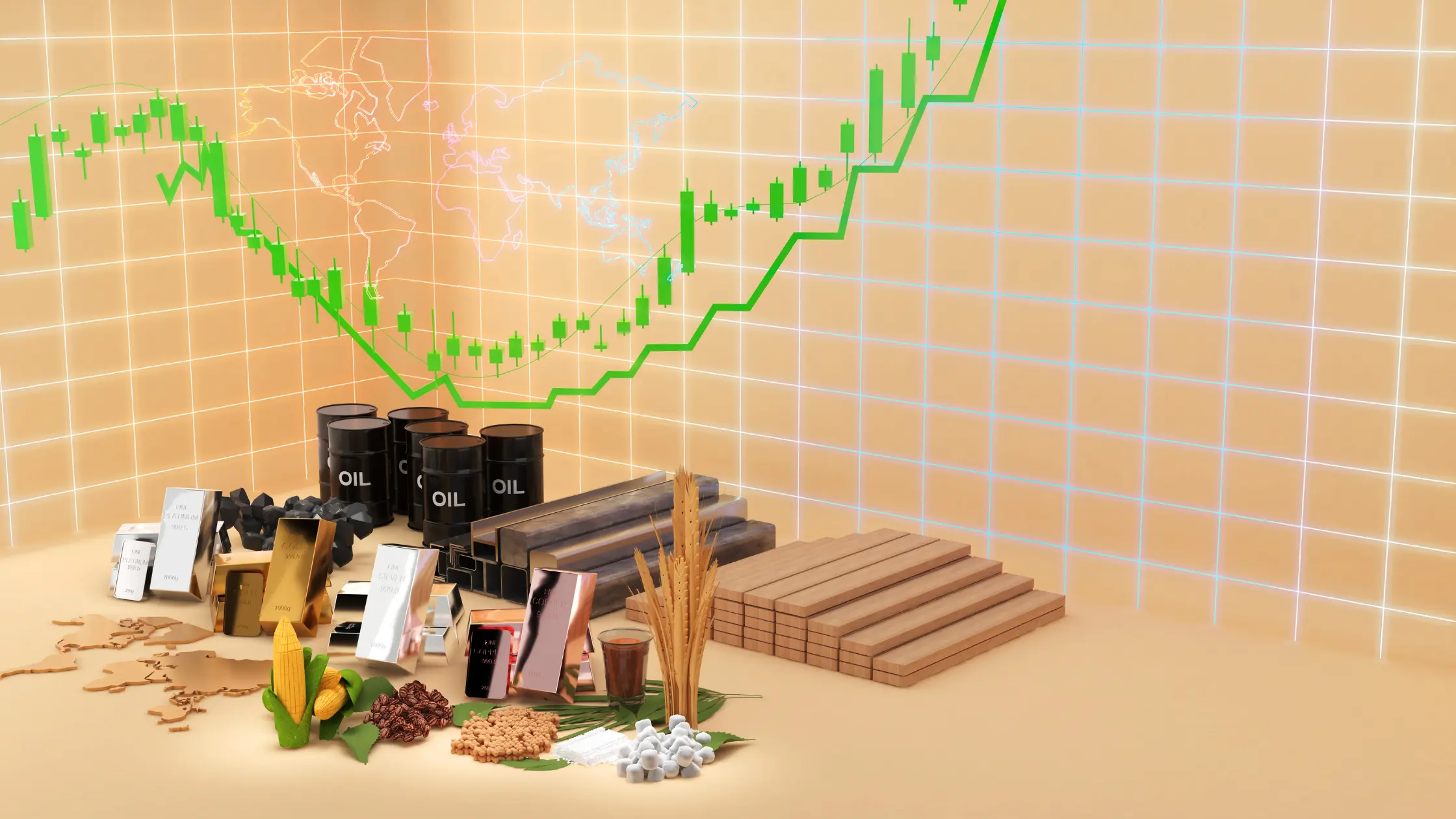
Broadening the Horizon: Beyond Gold
While gold-backed tokens have made significant strides, the concept of asset tokenization extends far beyond precious metals. It encompasses a wide array of real-world assets (RWAs), including real estate, art, and even intellectual property. This democratizes access to investment opportunities, previously the domain of the wealthy or institutional investors, by lowering entry barriers and enhancing liquidity.
A $10 Trillion Market by 2030
The market for tokenized RWAs is projected to grow exponentially, with estimates suggesting it could reach $10 trillion by 2030 according to digital asset manager 21.co. This growth is anticipated as the crypto industry converges with traditional finance (TradFi), heralding a new era where blockchain technology underpins a significant portion of global economic transactions. Such convergence could offer unprecedented opportunities for developing nations to tap into global capital, leveraging their abundant natural and human resources more effectively.
The Role of Blockchain in Economic Development
Blockchain technology, through the tokenization of assets, introduces a transparent, secure, and efficient means of representing ownership and conducting transactions. This technological foundation is crucial for developing countries, as it can help mitigate issues related to trust, corruption, and inefficiency that often hamper economic development.
One of the most compelling aspects of asset tokenization is its potential to overcome traditional barriers to investment and trade. By converting physical assets into digital tokens, the process can provide liquidity to otherwise illiquid markets, open up new investment opportunities, and facilitate faster, more cost-effective transactions.
The expansion of the tokenization market and its positive impact on developing nations will largely depend on regulatory frameworks and market adoption. Regulatory clarity can attract more participants by ensuring the security and legitimacy of investments, while widespread adoption by consumers and institutions can create a vibrant, dynamic market for tokenized assets.
The Future of Tokenization in Developing Nations
For developing nations, the tokenization of assets presents a unique opportunity to leapfrog into the future of finance and economic development. It allows these countries to showcase their assets on a global platform, attract foreign investment, and participate more fully in the global economy.
In conclusion, the potential of commodity-backed tokens and broader asset tokenization could herald a new dawn for economic empowerment and global participation of developing nations. By harnessing blockchain technology, these countries can unlock the true value of their natural and human resources, paving the way for sustainable growth and development in the digital age.
Written by: Heath Muchena, Founder of Proudly Associated & Decentralised News and the author of Blockchain Applied, Tokenized Trillions and Why Emerging Markets Will Recover Faster.
